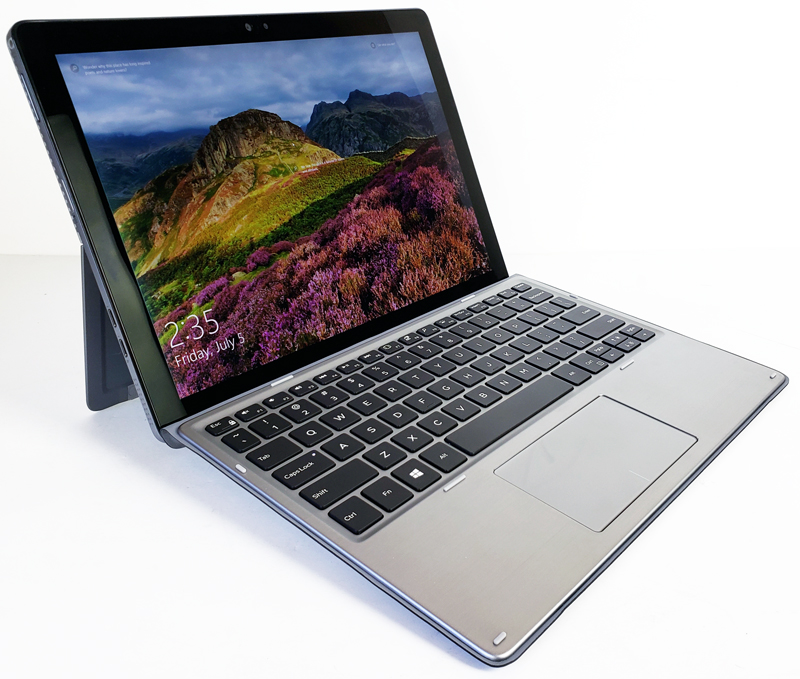
Laptop 2 in 1 Dell Inspiron 14 5482 cu procesor Intel® Core™ i5-8265U pana la 3.90 GHz, Whiskey Lake, 14", Full HD, Touch, 8GB, 256GB SSD, NVIDIA GeForce MX130 2GB, Microsoft Windows 10, Silver - eMAG.ro

Dell Inspiron 2-in-1 16” FHD+ Touch Laptop – 12th Gen Intel Evo i7 – 16GB Memory – 512GB SSD Platinum Silver i7620-7631SLV-PUS - Best Buy

Dell Inspiron 5000 14" FHD 2-in-1 Laptop, Intel Core i5-1135G7, 8GB RAM, 256GB SSD, Touchscreen, Waves MaxxAudio Pro, Windows 10 Home : Amazon.co.uk: Computers & Accessories

Laptop 2 in 1 DELL Inspiron 14 7430, Intel Core i7-1355U pana la 5GHz, 14" FHD+ Touch, 16GB, SSD 1TB, Intel Iris Xe Graphics, Windows 11 Pro, argintiu













:max_bytes(150000):strip_icc()/_hero_horiz_Dell-XPS-7390-7954SLV-2-in-1-Laptop-1-0370e04434494fe28ea93857af307a0e.jpg)
